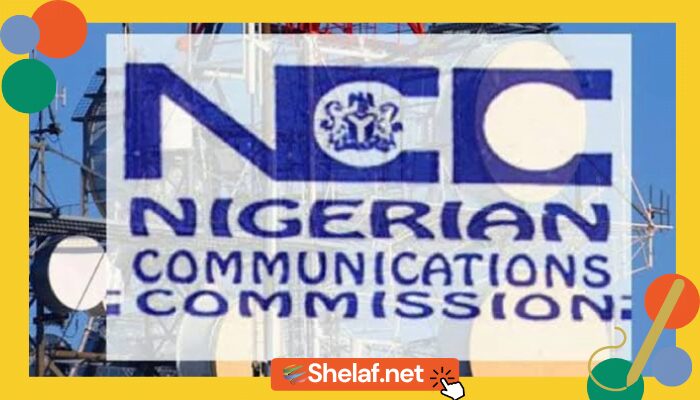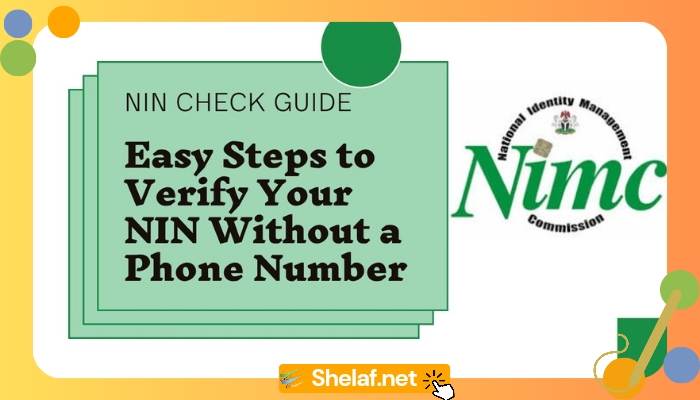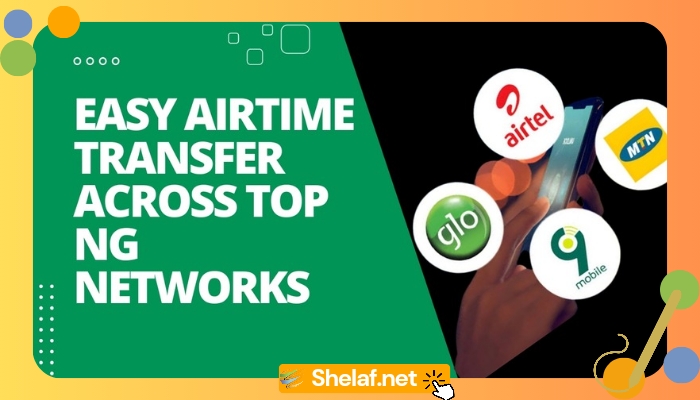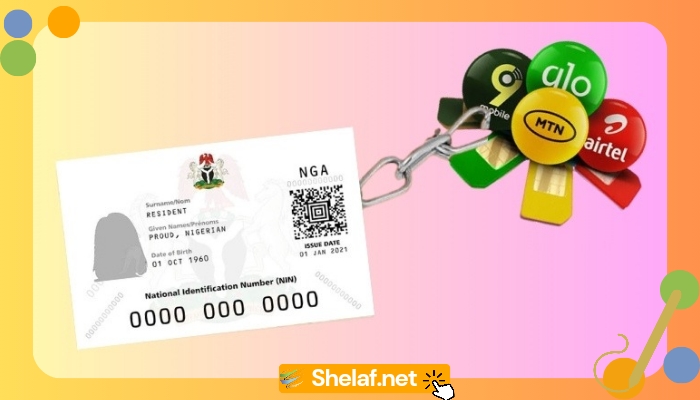The Nigeria Communications Commission (NCC) has announced its intention to grant licenses to Mobile Virtual Network Operators (MVNOs) in the country. This move is part of the commission’s efforts to enhance telecommunication services, expand mobile coverage, and bridge the gap between the unserved and underserved populations in Nigeria.
During the recent two-day “Talk-To-The Regulator” Forum held in Yenagoa, Bayelsa State, Mr. Mohammed Babajika, the Director of the Licensing and Authorization Department at NCC, revealed that the framework for MVNOs has been finalized, and the licensing process is currently underway. The commission recognizes the potential of MVNOs to transform the telecommunications landscape by leveraging technological advancements such as artificial intelligence, big data, network as a service, and the Internet of Things.
Babajika emphasized that the NCC is committed to fulfilling its mandate, but it can only do so with the cooperation and support of licensees. The commission values the contributions of service providers and strives to maintain constant engagement to ensure the health and growth of the telecoms industry.
In his opening remarks, Prof. Umar Danbatta, the Executive Vice Chairman of NCC, represented by Mr. Usman Mamman, Head of Pre-Licensing at NCC, highlighted the ongoing review of the scope and structure of existing licenses to make them more robust and adaptable to new industry trends. The NCC has been proactive in improving regulations to keep up with the rapid and continuous developments in the telecommunications sector.
To address the identified industry trends, the NCC has implemented various interventions, including facilitating the rollout of 5G services and introducing the Mobile Virtual Network Operator License to extend coverage to unserved and underserved areas. These initiatives align with the objectives of the Nigeria National Broadband Plan (NNBP 2020–2025), which aims to achieve 90% broadband penetration by 2025, with a significant increase by the end of 2023. Currently, more than 150 million Nigerians have internet access, and over 80 million can access high-speed internet.
The “Talk-To-The Regulator” Forum serves as a platform for open and non-discriminatory interaction between licensees and the regulator. It offers an opportunity to discuss industry-related matters of national interest on a one-on-one basis, fostering constructive dialogue and collaboration.
By licensing MVNOs, the NCC aims to foster competition and innovation in the telecommunications sector while promoting the delivery of quality services to all segments of the Nigerian population. This strategic move is expected to bring significant advancements in mobile communication, strengthen the country’s digital infrastructure, and contribute to the overall socio-economic development of Nigeria.











